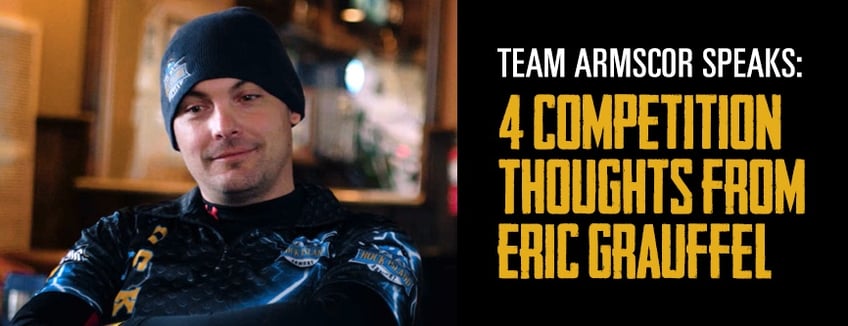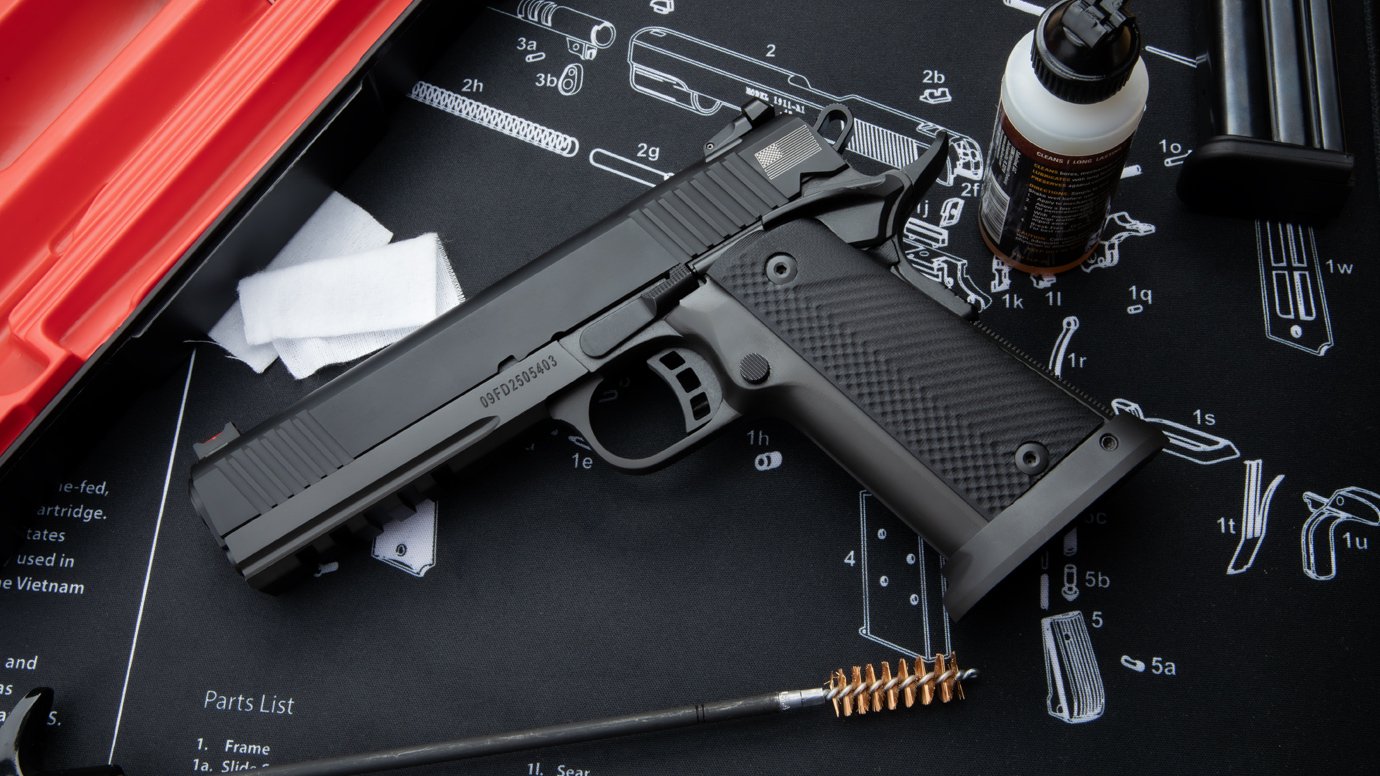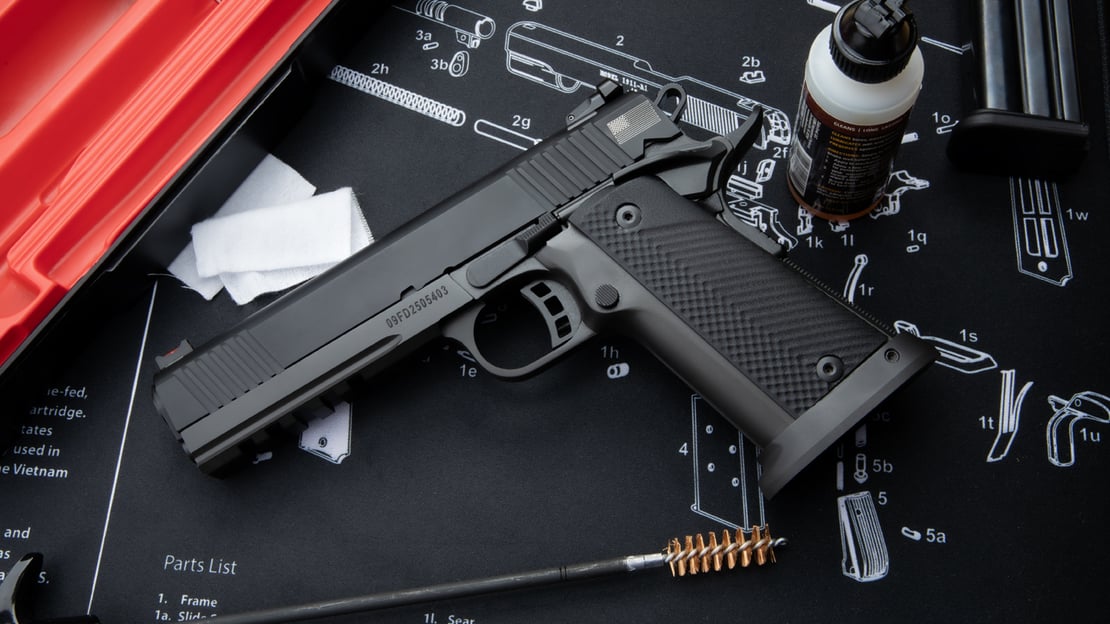Team Armscor Speaks: 4 Competition Thoughts from Eric Grauffel
Posted by Team Armscor on Sep 12, 2017 3 Minute Read

Do you feel like your skills as a shooter haven’t been improving with your usual range outings? Maybe you want to take your marksmanship to the next level, but you need some motivation or new ideas on how to improve. Getting involved in competitive shooting can help alleviate these issues.
Competing against other shooters can sharpen your skills in multiple areas—here are four such skills, as told by Team Armscor's own Eric Grauffel.
How does competitive shooting help you improve your shot placement?
Competing against others forces you to be better than them—especially in those fields where you are not so strong or where your competitors are not so strong. Basic shooting is placing a bullet in a defined, center target, so it means that accuracy is a skill required to enjoy your shooting performance.
How does it help you improve your speed/quickness?
Here we have a clear area where competition skills need to work in conjunction with basic shooting skills. How can you define that your speed is not good enough if you're not competing or comparing yourself to other shooters? Based on your comparative conclusions, you can work your shooting speed or movements to improve, without sacrificing your shooting quality. (This should be a big area of focus if you want to maintain accuracy.)
How does it make you a safer shooter?
Safety is something that needs to be worked all the time in competition shooting—it's something you cannot compromise on. It is your safety and the safety of others around you that matter. You must always ask yourself if what you are doing is safe in the moment—and the moment is sometimes short.
How does it improve your focus and ability under pressure?
Competing is an excellent training method for learning to work under stressful situations. Because you have a drive to stay in the lead of your competition, stress and pressure can sometimes make you choose incorrect tactic plans. Over time, this is where you can set yourself apart from the competition—making sound decisions in crunch time.
Competition is a great training tool. Accuracy, speed, analysis, ballistics, trajectory—all of these skills can be improved upon through competition and used successfully in non-competition scenarios.
If you plan to improve your skills, be aware that it is work, and sometimes you will be disappointed in yourself. But keep going—disappointment doesn't mean failure. It just means another opportunity to reevaluate your goals and set new shooting performance benchmarks.







